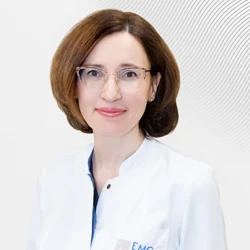Panic disorders in children
Ekaterina Kuzmina– a psychiatrist and psychotherapist, tells the story
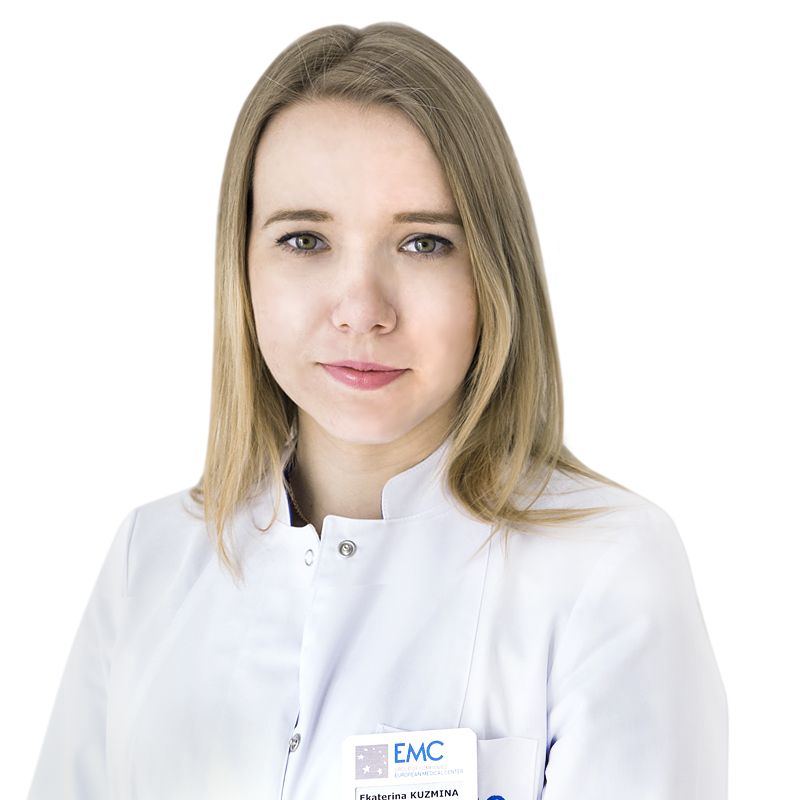 A panic attack is an attack of intense, uncontrollable fear that occurs for no apparent reason and real danger. Panic attacks (patients call them panic attacks) in children most often appear in adolescence. They often occur spontaneously. Various stressful situations, serious conflicts in the family or with peers, and acute reactions to stress can provoke bouts of intense fear.
A panic attack is an attack of intense, uncontrollable fear that occurs for no apparent reason and real danger. Panic attacks (patients call them panic attacks) in children most often appear in adolescence. They often occur spontaneously. Various stressful situations, serious conflicts in the family or with peers, and acute reactions to stress can provoke bouts of intense fear.
How panic disorders manifest themselves
- there is a strong overwhelming fear,
- heart rate increases, chest discomfort appears,
- sweating increases, chills appear,
- there is a feeling of lack of air, difficulty breathing and swallowing,
- motor restlessness occurs (the child cannot find a place for himself).
At the moment of an attack, children cannot explain what they are afraid of. They fixate on fears, fear that their health is in danger, and note the appearance of somatic symptoms. It seems to them that at the moment of a panic attack, a heart attack may occur, they may suffocate and die. Children often ask their parents to call an ambulance themselves. In such conditions, they cannot be persuaded, it is difficult for them to switch, so their parents call a doctor. As a rule, the attack lasts from 10 to 30 minutes. Panic attacks can also occur at night when the child is sleeping.
Causes of panic disorders in children
 One of the reasons is long-term traumatic situations, for example, separation from loved ones, serious illness or death of one of the parents or close relatives. Attacks of acute fear can occur for no apparent reason in children with a predisposition to panic disorders: in anxious-suspicious children, children with increased suggestibility. Panic attacks can occur in patients whose parents are overly fixated on their health and feel anxious about the child. For example, if a child has a minor illness, the parents call an ambulance and react very emotionally to the deterioration of health. The child remembers the reaction of his parents and begins to think that something serious has happened to him and he needs to worry about it. As a result, the child may develop anxiety-like features that contribute to the appearance of panic disorders. Panic attacks can be the result of prolonged overwork, sleep disorders, lack of sleep, and excessive psychoemotional stress in kindergarten or school.
One of the reasons is long-term traumatic situations, for example, separation from loved ones, serious illness or death of one of the parents or close relatives. Attacks of acute fear can occur for no apparent reason in children with a predisposition to panic disorders: in anxious-suspicious children, children with increased suggestibility. Panic attacks can occur in patients whose parents are overly fixated on their health and feel anxious about the child. For example, if a child has a minor illness, the parents call an ambulance and react very emotionally to the deterioration of health. The child remembers the reaction of his parents and begins to think that something serious has happened to him and he needs to worry about it. As a result, the child may develop anxiety-like features that contribute to the appearance of panic disorders. Panic attacks can be the result of prolonged overwork, sleep disorders, lack of sleep, and excessive psychoemotional stress in kindergarten or school.
Diagnosis of panic disorders (attacks) for children
As a rule, patients come to a psychiatrist when all possible somatic pathologies have been ruled out. To the last moment, parents do not believe that their child's illness is from the field of psychiatry. After all, panic attacks can occur against the background of a child's complete health and well-being in the family. When patients go to a psychiatrist, we send the patient for additional examination to rule out somatic diseases. We will definitely examine the cardiovascular and nervous systems for the presence of diseases that could provoke an attack. Often, patients with panic disorders are immediately admitted to the hospital, thereby speeding up the diagnostic process. We can sort out the problem in a short time and make the right decision regarding patient management tactics. After exclusion of somatic pathologies, a clinical and psychological examination is performed. During the consultation, the specialist identifies fears and situations that could trigger a panic attack. For a more detailed assessment of the patient's condition, parents are also consulted.
Treatment of panic disorders in children at the EMC clinic in Moscow

In the acute period, we prescribe drug therapy to stop the attack. To avoid side effects, the selection of therapy is recommended to be carried out in a hospital setting.
The main treatment is psychotherapy. With the help of psychotherapy, patients learn to overestimate their condition, to realize that a panic attack is not a somatic pathology, but a psychological disorder.
In some cases, we use BOS therapy.
The EMC's panic disorder treatment program also includes work with parents. They learn to recognize panic attacks, respond to them correctly, and communicate with the child correctly. The success of therapy and minimizing the risk of recurrence of seizures largely depends on the behavior of parents and family members.
How can I help a patient in case of a panic attack?
Without specialized support, panic attacks can worsen and become more frequent over time. They can increase during times of increased emotional stress: exams, tests, public appearances. This worsens the patient's socialization and further aggravates his condition.
During an attack, it is important to try to switch the patient. Offering to drink water, wash your face, such basic things often help.
The problem with panic disorders is that stressful situations that provoke seizures cannot be removed from everyday life. With severe emotional stress, anxious people may have seizures again after treatment. With prolonged psychotherapy and pharmacotherapy, the risk of relapse decreases. Therefore, it is important to complete the full course of treatment, not to interrupt it without consulting your doctor.
If there are changes in the condition or increased anxiety, it is necessary to contact a specialist.
Why the EMC
The first and only clinic in Russia, created in the image of the world's leading clinics
EMC is a multidisciplinary center offering patients a high level of medical services and a personalized approach
Worldwide recognition and awards
 Learn more
Learn more
Worldwide recognition and awards
 Certificates and licenses
Certificates and licenses
Make an appointment for a consultation
Specify your contacts and we will contact you to clarify the details
Reviews
and new products of the EMC


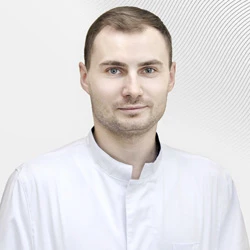
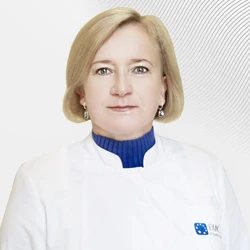
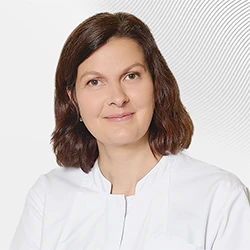


.webp)
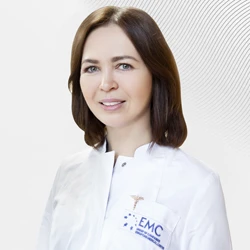




.webp)

